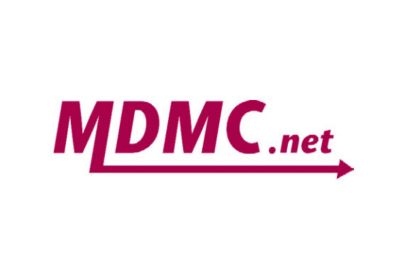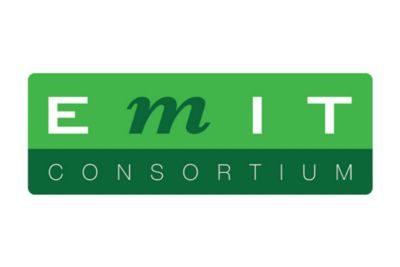Ansys Granta Collaborations & Partnerships
Sharing our materials information expertise
Collaboration is at the heart of all we do, bringing people together to meet materials information challenges, enabling materials digital transformation across organizations. We participate in collaborative R&D projects with leading engineering companies and academia, sharing materials intelligence tools and best practices. We support customers from many sectors through industry consortia, creating the software tools they need to bring materials information value to their companies.
CONSORTIA
Granta collaborations bring together industrial partners to ensure that Granta software solutions meet the needs of the organizations that apply them.
Our Consortia are major on-going collaborations that provide members with formal input to Granta development and other benefits.
Focus areas: materials data management, environmental and regulatory challenges, and the automotive sector.

Collaborative R&D Projects
Los geht's
Wenn Sie mit technischen Herausforderungen konfrontiert sind, ist unser Team für Sie da. Mit unserer langjährigen Erfahrung und unserem Engagement für Innovation laden wir Sie ein, sich an uns zu wenden. Lassen Sie uns zusammenarbeiten, um Ihre technischen Hindernisse in Chancen für Wachstum und Erfolg zu verwandeln. Kontaktieren Sie uns noch heute, um das Gespräch zu beginnen.

